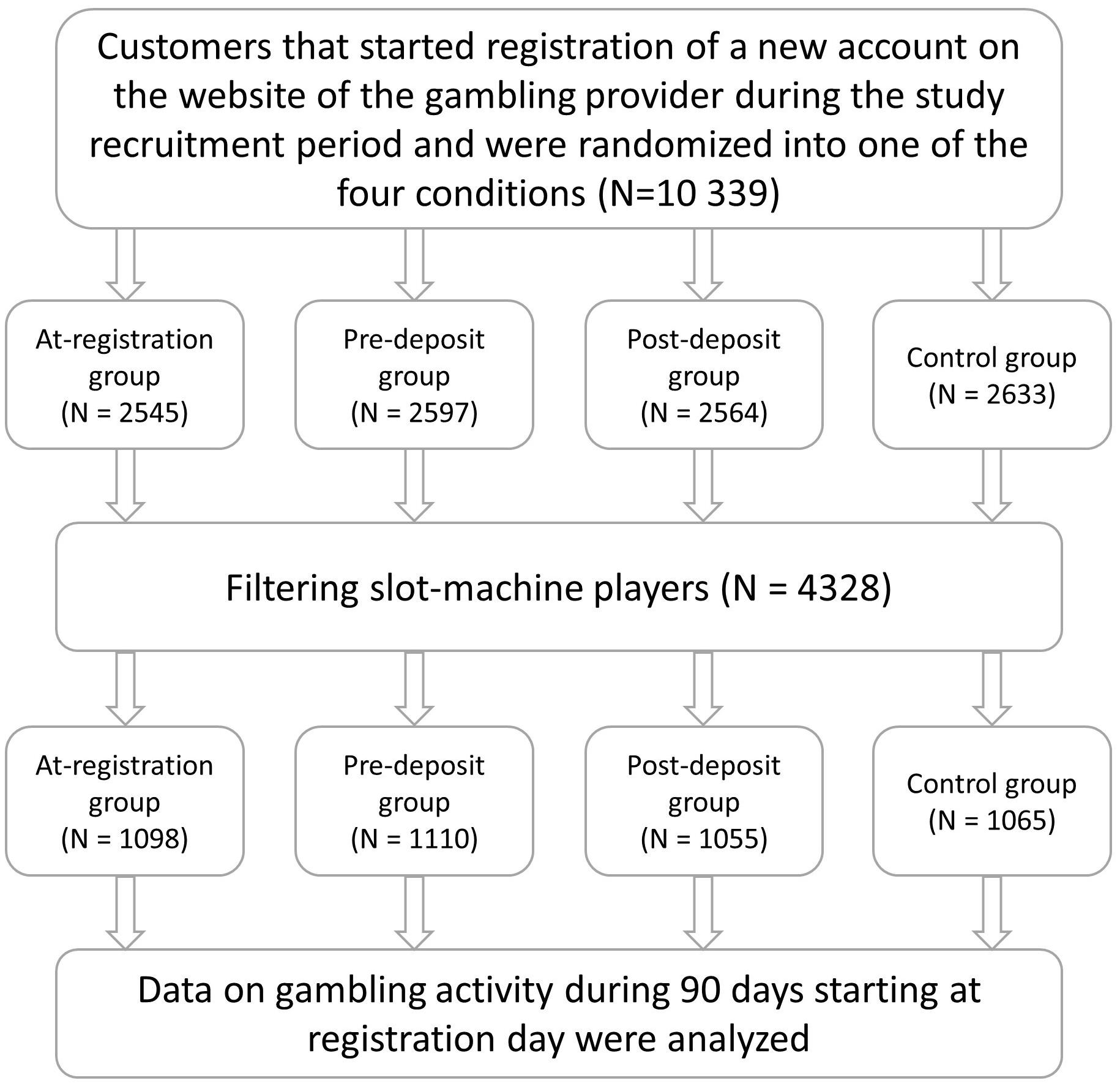Compulsive Gambling Psychology Meaning
 compulsivecom‧pul‧sive /kəmˈpʌlsɪv/ adjective
compulsivecom‧pul‧sive /kəmˈpʌlsɪv/ adjective
Compulsive Gambling Psychology Meaning Examples
 1MPCONTROLcompulsive behaviour is very difficult to stop or control, and is often a result of or a sign of a mental problem → obsessivecompulsive gambling/overeating/spending etcCompulsive overspending in these days of credit cards has become more common.2 →compulsive overeater/gambler/spender/liar etc
1MPCONTROLcompulsive behaviour is very difficult to stop or control, and is often a result of or a sign of a mental problem → obsessivecompulsive gambling/overeating/spending etcCompulsive overspending in these days of credit cards has become more common.2 →compulsive overeater/gambler/spender/liar etcCompulsive Gambling Causes
3INTERESTINGa book, programme etc that is compulsive is so interesting that you cannot stop reading or watching itcompulsive reading/viewing‘Gardening World’ is compulsive viewing for gardeners. —compulsively adverb —compulsiveness noun [uncountable]Compulsive Gambling Psychology Meaning Definitions
Pathological liars tell compulsive lies without a clear motive. This type of lying is different than nonpathological lying, where the lie is often beneficial in some way. Gambling addiction, also known as compulsive gambling, may be a type of impulse-control disorder. Compulsive gamblers keep gambling whether they're up or down, broke or flush, happy or depressed.